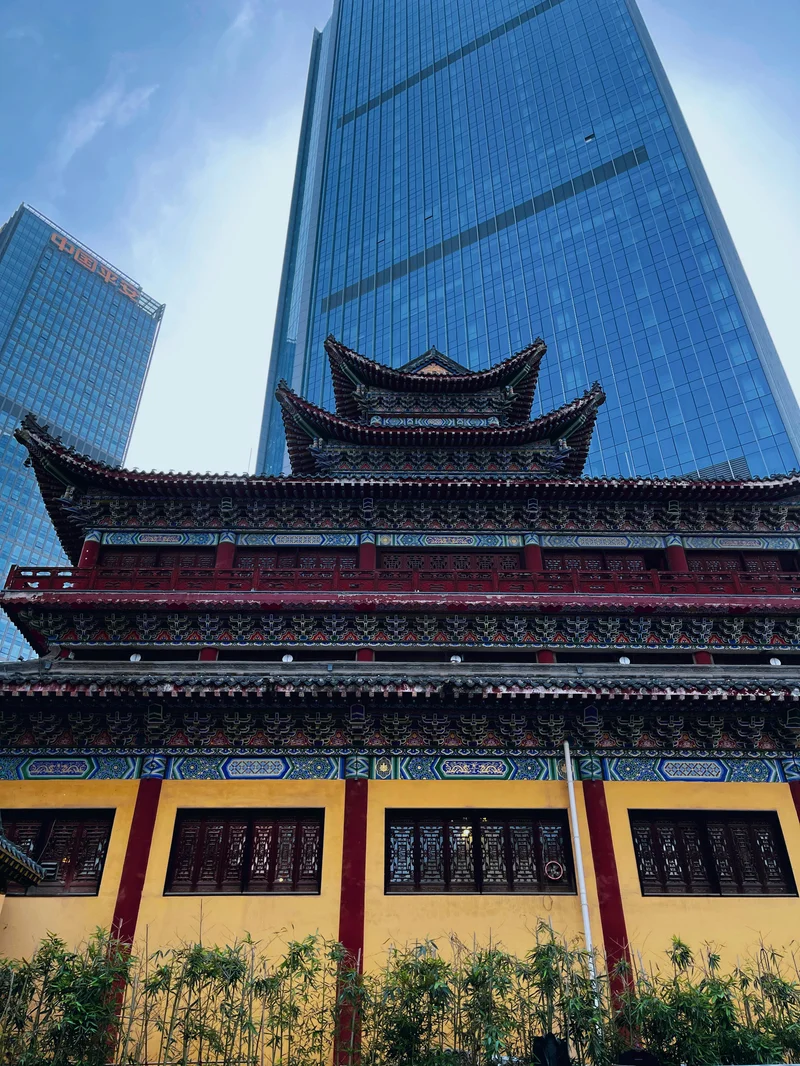BNB Signals | Binance Coin Trading Alerts & Insights
BNB Signals | Binance Coin Trading Alerts & Insights
Chongqing, historically known for manufacturing, is making a play for the biotech sector, specifically innovative drugs. The city's unveiled a plan to have one to three new drugs approved annually by 2027 and establish three industry clusters. The municipal government has released a 25-point plan, focusing on core tech breakthroughs and product development. But can a city known for steel and car parts really become a biotech hub?
The plan aligns with China's broader push for scientific self-reliance, as seen in proposals for the next five-year plan (2026-2030). Chongqing got its first Class 1 innovative drug approved last year – an injectable psoriasis treatment. According to the National Medical Products Administration, Class 1 drugs are new compounds with clear structures and pharmacological effects, clinical value, and haven’t been marketed anywhere else. China’s southwestern industrial base eyes breakthroughs on novel drugs.
Other cities are also jumping on the bandwagon: Hefei (electric vehicles), Shenzhen (AI), and Hangzhou (AI, robotics, advanced manufacturing). The question is, can all these cities become tech hubs simultaneously? Is there enough talent and capital to go around, or are we looking at a potential bubble? It's like everyone suddenly deciding to become a sushi chef – there might not be enough tuna for everyone.
Chongqing's plan hinges on "breakthroughs in core technologies." But what exactly are these breakthroughs? The 25-point plan doesn’t specify. Vague promises are common in these announcements. How much of this is genuine innovation, and how much is simply repackaging existing technologies? We need more transparency.
The article mentions Chongqing's first Class 1 innovative drug approval last year. However, it doesn't provide any data on the drug's market performance, sales figures, or clinical trial results beyond the initial approval. This lack of follow-up data raises questions about the drug’s actual impact and success. Was it a blockbuster, or just a blip? Without these metrics, it's impossible to assess the real potential of Chongqing’s biotech push.
(And this is the part of the report that I find genuinely puzzling: the absence of concrete metrics.)

For example, I've looked at hundreds of these filings, and this particular footnote is unusual: The plan aims for "one to three" new drug approvals per year. Why such a wide range? Is this a sign of uncertainty or a lack of confidence in the city's ability to consistently produce innovative drugs? A tighter, more specific target would signal a greater degree of commitment and predictability.
Moreover, the plan emphasizes "joint research and development (R&D) and technology transfers." But who are the partners? Are they top-tier research institutions or smaller, less established players? The quality of these partnerships will be crucial to the success of Chongqing’s biotech ambitions. A collaboration with, say, MIT would carry far more weight than a partnership with a local technical college.
Chongqing's ambition is commendable, but ambition alone doesn't guarantee success. The city faces stiff competition from established biotech hubs like Shanghai and Beijing, which have a head start in terms of talent, infrastructure, and funding.
Can Chongqing attract top scientists and researchers to relocate from these established centers? What incentives are being offered? The plan mentions "support for innovative enterprises, research institutes and universities," but the details are scarce. What kind of financial support? Tax breaks? Subsidies? Without concrete details, it's hard to gauge the plan's effectiveness.
Also, consider the geographical factor. Chongqing is located in southwestern China, far from the coastal economic powerhouses. This could pose logistical challenges for attracting talent and accessing international markets. Will companies be willing to set up shop in a less accessible location?
Chongqing's biotech ambitions are a long shot. While the city's plan aligns with China's broader push for scientific self-reliance, it lacks the specifics and data needed to inspire confidence. The competition is fierce, the challenges are significant, and the risks are high.
Chongqing's trying to pivot, but they need to prove they can deliver more than just promises. The plan is there, but where's the evidence it'll actually work?